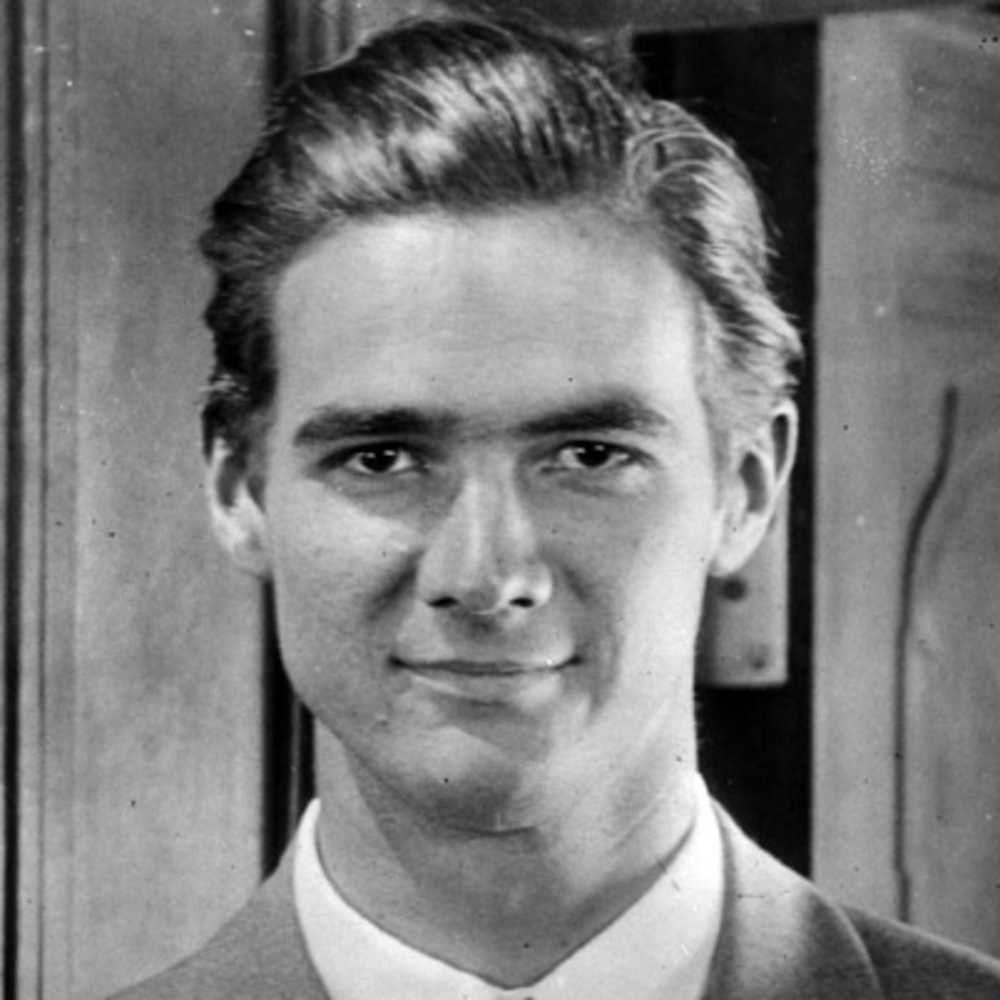
Virgil Tyler
7897
28687
1099
Rezumat
Howard Hughes, un aviator și regizor de film, s-a născut la 24 decembrie 1905, la Houston, Texas. Și-a moștenit familia's-a ocupat cu succes în uneltele de petrol și a început să investească în filme. A produs mai multe filme, inclusiv hitul Iad's Îngeri.
Tinerețe
Howard Robard Hughes Jr., născut la 24 decembrie 1905, la Houston, este cunoscut în mare parte pentru că este unul dintre cei mai bogați bărbați și unul dintre cei mai renumiți reclusi, dar Hughes a avut multe realizări profesionale înainte de a se retrage din viața publică..
Film și zbor
Fiul unui producător de succes de instrumente de găurit, a moștenit afacerea familiei în 1923, la 18 ani. A folosit o parte din averea sa pentru a finanța filme, începând cu 1926. A produs mai multe filme, inclusiv în primul război mondial. Iad's Îngeri (1930), care a prezentat secvențe scumpe de lupte aeriene și o actriță pe atunci necunoscută pe nume Jean Harlow. Unele dintre alte filme semnificative ale sale au fost Scarface (1932) și Nelegiuitul (1941). În timpul zilelor sale la Hollywood, Hughes și-a dezvoltat o reputație de a fi un jucător, întâlnind astfel de actrițe precum Katharine Hepburn, Ava Gardner și Ginger Rogers.
Hughes a dezvoltat o pasiune pentru zbor și și-a fondat propria companie de aeronave la începutul anilor ’30. Pe lângă proiectarea și construirea avioanelor, și-a riscat propria viață de mai multe ori testând avioanele și stabilind recorduri mondiale de viteză a aerului la mijlocul până la sfârșitul anilor 1930. El este creditat cu numeroase inovații în domeniul aviației, cum ar fi primul echipament de aterizare retractabil, și este amintit și pentru H-4 Hercules, pe care presa l-a poreclit Grosii Spruce. Ani de zile, Hughes a muncit pe acest hidroavion masiv din lemn, care avea scopul de a transporta trupele și materialele peste Oceanul Atlantic în timpul celui de-al doilea război mondial. Completată în 1947, a fost zburată o singură dată și nu a intrat niciodată în producție, cu toate acestea, Hughes a menținut H-4 într-un hangar climatizat până la moartea sa în 1976. În prezent este găzduit în Evergreen Aviation Museum din McMinnville, Oregon.
Recluzia
După un teribil accident de avion din 1946, Hughes a început să se retragă din lume. A cumpărat o parte din RKO Pictures în 1948, dar nu a vizitat niciodată studioul. În anii 1960, el locuia la ultimul etaj al Desert Inn din Las Vegas, Nevada, și își conduce toate afacerile din suita sa de hotel. Puțini oameni l-au văzut vreodată, ceea ce a dus la multe speculații publice și zvonuri despre activitățile sale. S-a crezut că suferă de tulburare obsesiv-compulsivă și avea o problemă de droguri. Hughes a părăsit în cele din urmă Las Vegas și a început să trăiască în străinătate. În 1972 a fost anunțată o biografie autorizată pentru reclama renumită, dar s-a dovedit a fi o înșelătorie. Autorul, Clifford Irving, a fost ulterior închis pentru fraudă.
Moarte și moștenire
Hughes a murit la 5 aprilie 1976. După moartea sa, au apărut numeroase versiuni false ale voinței sale, ceea ce a dus la o luptă asupra averii sale. În 2004, Hughes' viața a revenit la lumina reflectoarelor cu lungmetrajul Aviatorul, care-și înfățișa zilele de început. Leonardo DiCaprio l-a jucat pe miliardar ca un tânăr plin de probleme. A fost nominalizat la un premiu Oscar pentru portretizarea lui Hughes.











